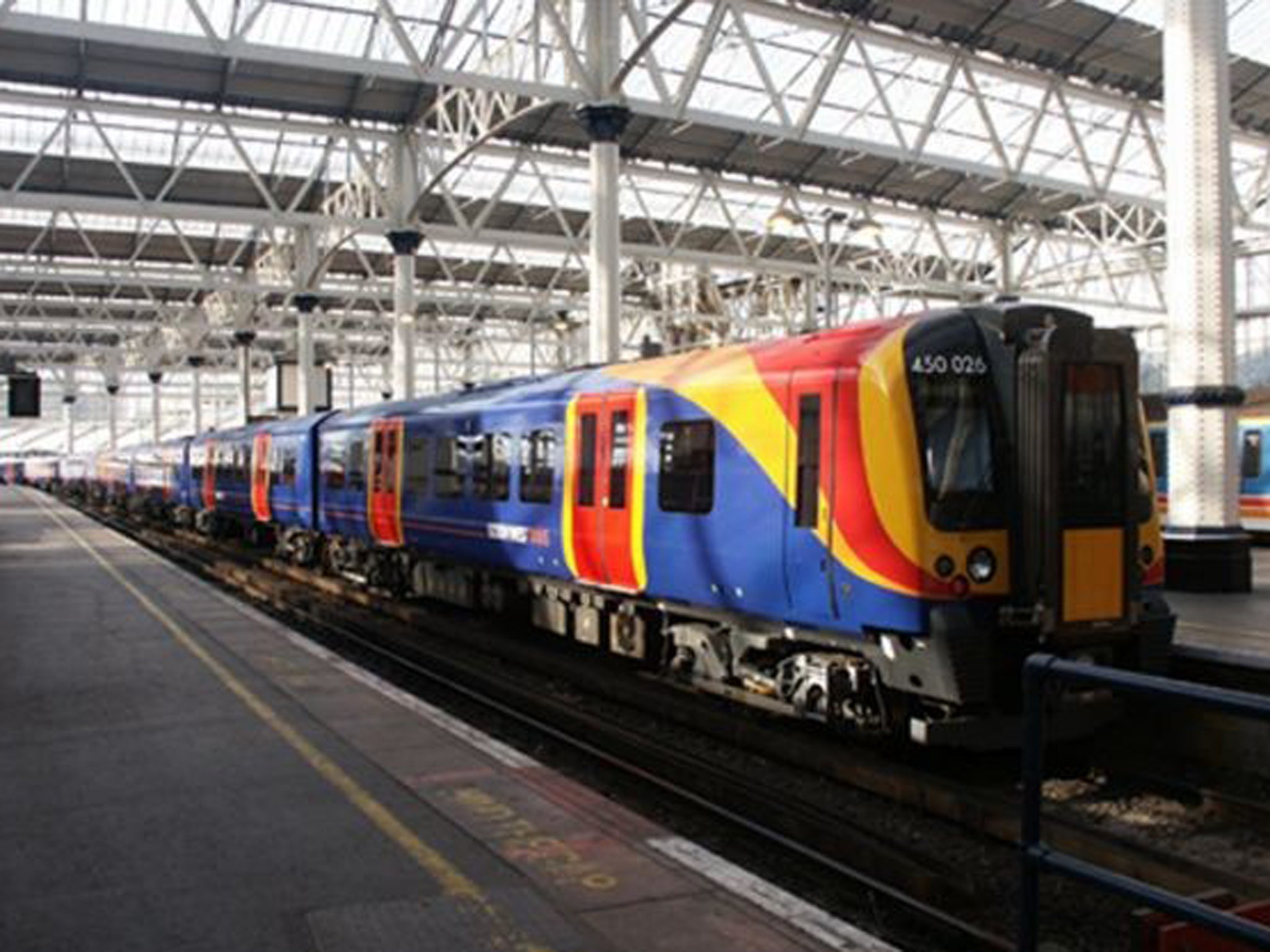Network Rail facing funding crisis as debts spiral out of control
Report from regulator tells Government to consider privatisation or risk unsustainable borrowing affecting safety and ticket prices

A funding crisis for the railway network could result in price-hikes for commuters as debts spiral out of control over the next 20 years, the Office for Rail Regulation has warned.
The Government has been told it should consider privatising sections of Network Rail if it is to avoid financial ruin in the long term, and prevent a disaster like the Paris train crash happening in Britain.
In a report released today, the ORR said breaking up the taxpayer-subsidised network could be achieved based on the model of the successful sell-off of HS1, and would return the industry’s funding to “a sustainable footing”.
Network Rail is currently kept afloat by a £4 billion annual government subsidy, and is guaranteed by the state to ensure favourable lending terms. It already has a £27 billion debt, and consumes a fifth of all its revenues just to pay the interest.
The regulator’s report said that by 2034 more than a third of the network’s budget would have to go towards servicing a staggering £62 billion of borrowing, with a heavy reliance on the taxpayer to make up any shortfalls.
Shadow Transport Secretary Maria Eagle told the Guardian: “Ministers must satisfy themselves that the rising annual cost of servicing Network Rail's debt does not put an unsustainable downward pressure on funding vital day-to-day maintenance of the network, repeating the dangerous mistakes of the past.”
And with the regulator’s report not even taking into account the £42 billion set aside to pay for the HS2 high-speed track, the chances of more ambitious new projects being undertaken in future seem remote.
An early version of the findings was reported to suggest further privatisation as a solution for the long term. Network Rail was devolved regionally last year into 10 separate businesses, which could pave the way for bringing in private capital to fund at least some of them.
The proposals said: “The Government has stated its desire that there be less reliance over time on direct public subsidy. One way to achieve that would be to look to private capital. The recent successful sale of the concession to operate HS1 to a consortium of pension funds demonstrates the potential availability of capital for other areas of rail infrastructure.”
Servicing the debt is seen as one of the major reasons for the growing cost to customers of using the railways, and with fares expected to rise by 1 per cent above inflation every year until further notice, there now seems to be little prospect of ticket prices being frozen until something is done about the network’s borrowing.
Join our commenting forum
Join thought-provoking conversations, follow other Independent readers and see their replies
Comments